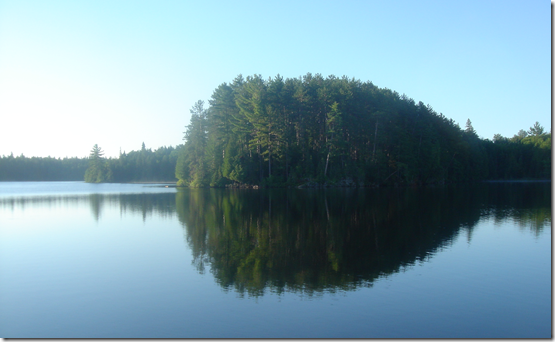Earth Day was officially born in 1970 after a proclamation by its founder, Wisconsin Senator Gaylord Nelson in September 1969 that stated a “nationwide grassroots demonstration on the environment” would take place in Spring of 1970.

Thirty-nine years later, Earth Day is alive and well and nothing gets me more excited than knowing that billions (yes billions) of people around the world are thinking about the earth and reflecting upon the harm we are causing.
On the other hand, there will always be a fringe group of people who spend Earth Day burning plastic bags, idling their SUVs, and dumping solid waste into lakes and ponds. That may sound like fun and all, but I’d rather spend my earth day doing something more constructive.
Earth Day’s founder Gaylord Nelson was a revolutionary in his day. Like myself, I can imagine that every day was an “Earth Day” for Nelson. Nelson didn’t pass a legislation to celebrate Earth Day so that only he himself could reflect on the earth; he wanted the world to reflect on the earth.
Nelson summarizes his view on the economy versus the environment in this wonderful phrase:
“The economy is a wholly owned subsidiary of the environment, not the other way around.”
You see, Nelson believed that the economy wouldn’t exist without a healthy environment, and placing economic development before the environment can only leave us to regret what we have left our children to deal with.
Nelson also believed that overpopulation was a major cause of the environmental issues of that day. Given the post-war baby boom, this was a common position to take in those days.
Many people still have this same concern about overpopulation, but I strongly believe that the earth can thrive even at its current level of population; we just need to address the overconsumption nature of our current lifestyles in addition to embracing initiatives that address sustainability.
The most important environmental issues of today (in my opinion) are:
- Climate Change
- Air and Water pollution
- Sustainable energy solutions
- Solid waste diversion / Consumer packaging
- Urban Sprawl / spread / low-density housing
- Loss of cultivatable farm-land
- Lack of Water Conservation
Earth Day 1990 led to an increased awareness about recycling which ultimately planted the seed for the 1992 United Nations Earth Summit in Rio de Janeiro, Brazil. The 1992 summit was a wake-up call that resulted in the creation of the Kyoto Protocol.
I wanted to share some of the things that I practice on a day-to-day basis to help reduce my personal impact on the environment:
- Responsible energy consumption: Never use a dryer, hang-dry clothes, use less hot water, shorter showers, turn off lights, environmentally-friendly bulbs, unplug electronics.
- Reduction in air pollution: Walk first, bike second, public transit third, drive last.
- Reduction in waste: Plastic reusable lunch containers, reusable shopping bags, biodegradable trash bags, re-use muffin bags for dog poop.
- Reduction in Carbon emissions: Eat less meat, purchase carbon offsets when you absolutely need to travel, drive less.
… and some other options that are becoming available in some cities:
- Bullfrog power – purchase energy exclusively from sustainable, renewable sources.
- Green-bin organic recycling – Currently only available to house dwellings in Toronto, but should become available to condominium complexes in the near future.
Sustainable living is an attainable pursuit that starts at home. There is nothing more frustrating than someone telling you that they have no concern about their personal impact on the earth because it doesn’t matter in the grand scheme of things. When everybody does their part, it adds up and it really does matter.
If we all contribute in our own way, we will leave the earth a better place for our children to live in.
Photo by James D. Schwartz / The Urban Country, Algonquin Park, 2008


It’s ashame that Mr. Nelson isn’t around to see how the world is changing… Although we will always have people who aren’t on the green bandwagon, I am astonished (& excited) about the changes taking place in today’s country. With people choosing to bring their own cloth bags to the grocery store instead of using plastic bags and water drinkers using reusable water bottles instead of purchasing water for the bottle to wind up in a landfill — We can see that the times are a changin’. Even industries like banking are beginning to think of the environment, with banks like e3bank offering a triple-bottom-line… incentivizing people to install eco-friendly features to their homes for better interest rates. I’m actually pretty excited for the startup of the bank — there’s a great article I read on the NY Times website.
RM: Agreed; some amazing initiatives have been taking place in the last few years that have been very promising for the future.
Living in Toronto, being surrounded by a lot of people who really care about the environment sometimes makes it hard to gauge how individuals feel in other cities.
But it’s always great to hear of initiatives taking place all around the world; I think the e3bank idea is a revolutionary idea! Thanks for sharing.